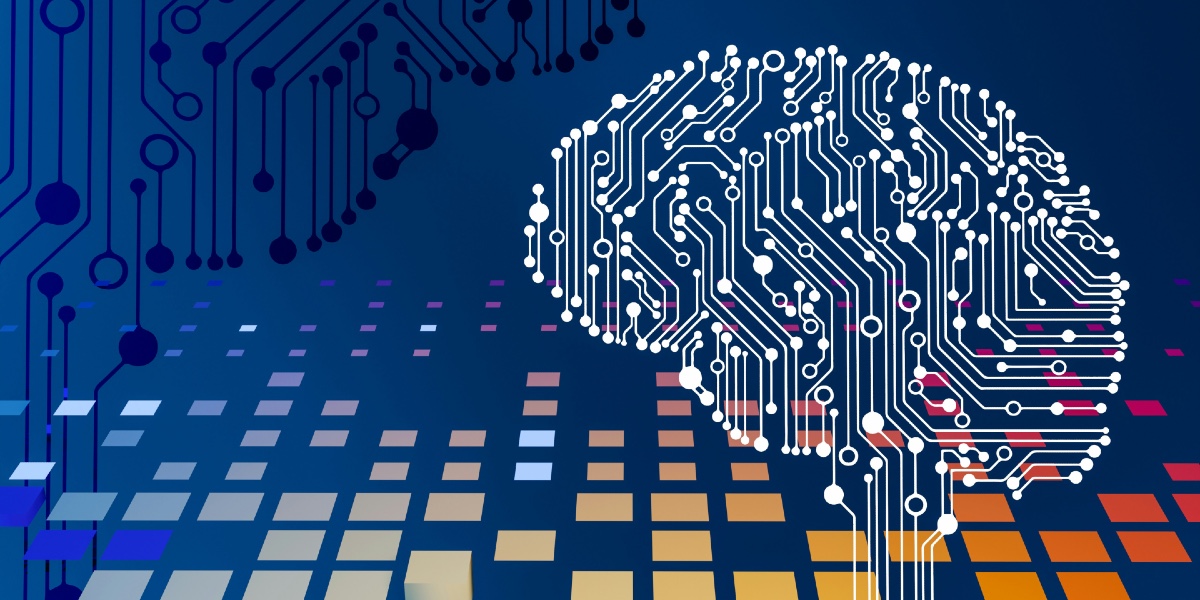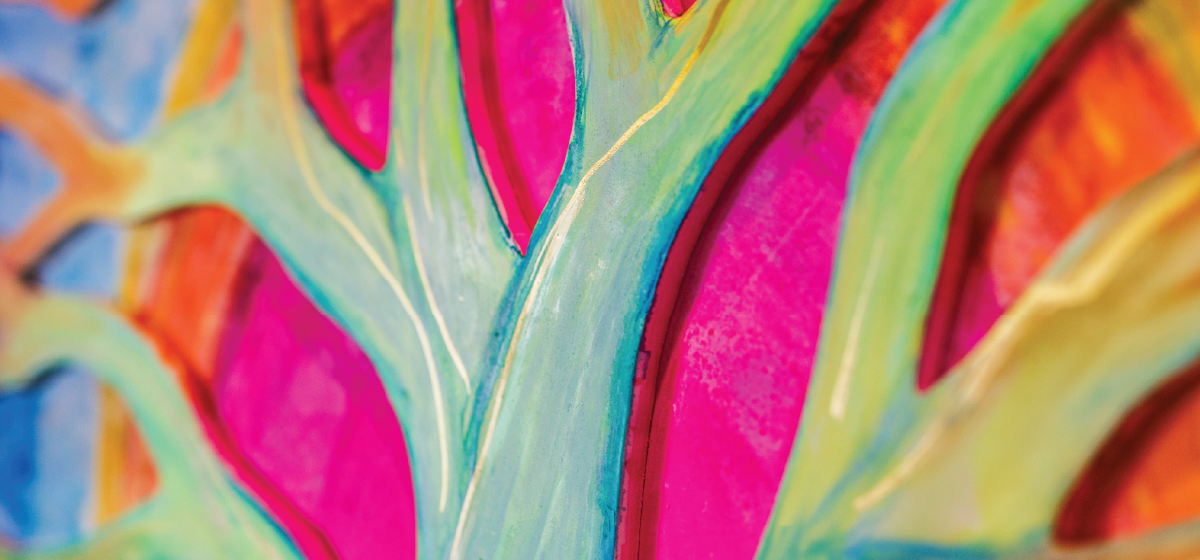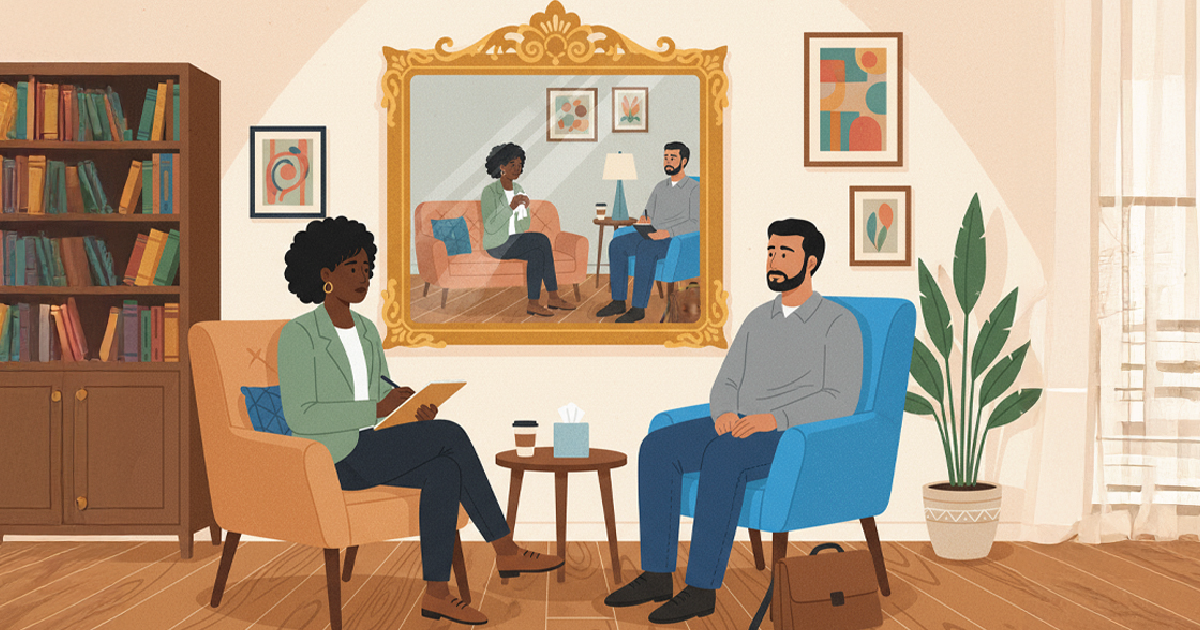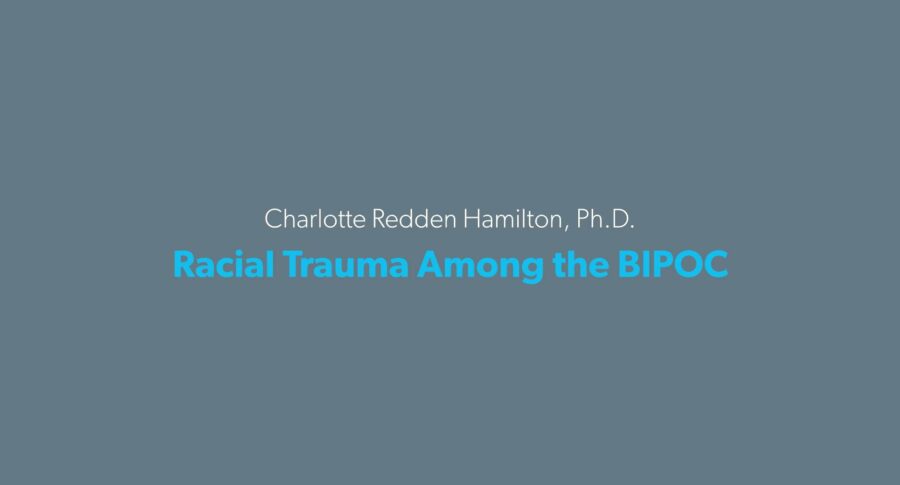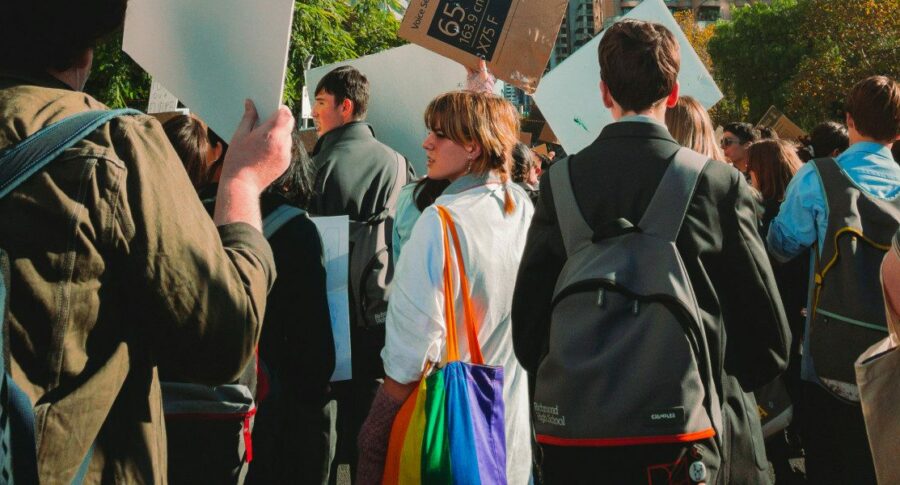Racial trauma isn’t a distant concept tucked away in history books; it’s a relentless storm that many people of color navigate daily. This trauma stems from violent racial incidents, some as overt as police brutality witnessed firsthand or through the media lens. Such events aren’t mere moments; they etch deep scars on both mental and physical health, subtly manipulating behavior patterns.
The saga of African Americans is marred by structural racism, an unwelcome inheritance from the era of slavery, persistently manifesting through health disparities, economic hurdles, and enforced segregation. Racial trauma, or race-based traumatic stress (RBTS), emerges from these incessant encounters with racial prejudice, ethnic discrimination, racism, and the horrors of hate crimes. It’s the disturbing reality for anyone who has faced the sharp edge of racism’s blade, rendering them vulnerable to race-based traumatic stress injuries. In the U.S., this vulnerability is most acute among Black, Indigenous People of Color (BIPOC) whose lives are overshadowed by the sinister cloud of white supremacy.
Moreover, there’s a nuanced form of suffering, vicarious traumatic stressors, that hauntingly parallels the direct impacts of racial trauma. These are the echoes of systemic racism and individual racial aggressions that BIPOC communities endure. Witnessing the brutality of events such as the murder of George Floyd can trigger profound traumatic stress reactions, especially among Black individuals. Similarly, a significant portion of Latinx youth carry the burden of traumatic experiences from migration, while Native American children are vicariously scarred by the prevalent societal maladies of their communities.
Addressing racial trauma necessitates a multifaceted strategy. Stepping away from the triggering environment, though vital, isn’t always feasible. Building a robust support network, taking mental health breaks, and engaging in dialogues with professional clinicians are pivotal steps toward healing and recovery.
Weaving these insights into our narrative underscores not just the historical significance of Dr. Martin Luther King Jr. and Thich Nhat Hanh’s efforts but also the contemporary relevance of their work. Their legacy, characterized by mutual respect, justice, and “love in action,” shines a beacon on the importance of community support, engagement, and the enduring fight against systemic injustices. This dialogue not only enhances our understanding but also stirs a call to action, inviting us to contemplate the enduring power of empathy and collective advocacy for basic human rights amid a backdrop marked by the struggle against racial trauma.
Find Out More
Recent Posts
